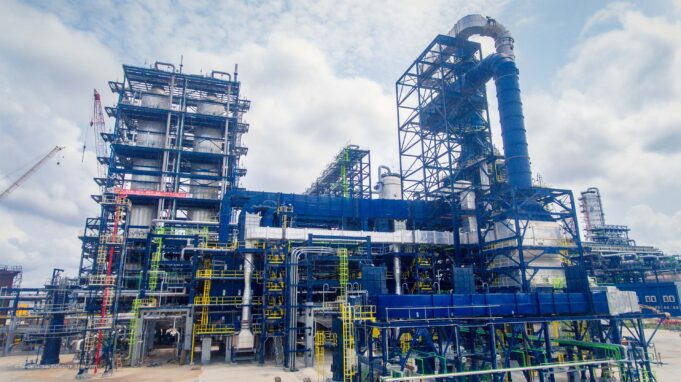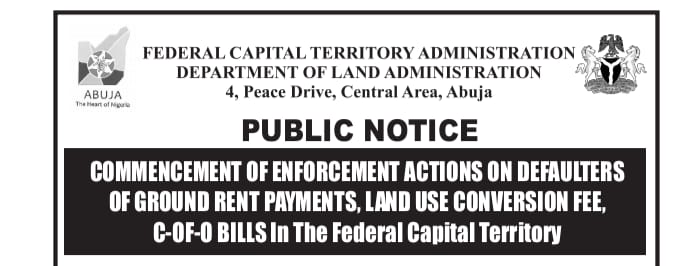The National Petroleum Authority of Ghana (NPAG) says it is proposing to import refined petroleum products from Dangote refinery in Lagos State to boost its energy security and sustain business cooperation with neighbours.
The Chief Executive Officer of NPAG, Dr Mustapha Abdul-Hamid, said this at the 2024 OTL Africa Downstream Energy Week in Lagos on Tuesday, October 29, 2024.
Speaking as one of the panellists, Abdul-Hamid said the move was aimed at strengthening Ghana’s energy security and deepening regional economic cooperation.
Abdul-Hamid said Ghana is seeking an agreement with the Dangote refinery to reduce its reliance on more costly imports from Rotterdam.
He stated that Ghana had also expanded its export agreements to include Burkina Faso, Mali, and Niger, supplying international operational facilities, including United States military bases.
“The Dangote refinery, with its large-scale output, is expected to meet Nigeria’s domestic demand, enabling excess production to be exported to Ghana,” he said.
Dangote invests over $280m in CNG trucks, becomes largest operator
Abdul-Hamid highlighted Ghana’s pipeline agreement with Burkina Faso as a model of effective regional cooperation to bolster petroleum supply and security, while calling for stronger regional partnerships.
He stressed the importance of a unified currency, enhanced infrastructure, and collaborative efforts to address West Africa’s energy challenges.
The NPAG boss called for resource-sharing to drive economic stability, noting that no African nation could achieve sustainable growth in isolation.
“Pooling human and infrastructure resources across the region can significantly strengthen our economies,” Abdul-Hamid added.
He suggested that West African nations align regulatory policies within the ECOWAS framework to foster seamless trade.
Abdul-Hamid acknowledged that, while the African Continental Free Trade Area (AfCFTA) provided a platform for collaboration, foreign exchange issues hindered intra-regional trade.
“Heavy reliance on the U.S. dollar for petroleum imports places constant pressure on local currencies, raising prices and reducing purchasing power,” the NPAG CEO stressed.
Abdul-Hamid, therefore, proposed a common West African currency to reduce forex volatility and stabilise regional economies.
- S’Court dismisses INEC’s appeal against SDP, awards N2m cost - December 19, 2025
- Ex-senator Peter Nwaoboshi is dead - December 19, 2025
- 2026 budget: Tinubu allocates N5.41trn to security, declares armed groups terrorists - December 19, 2025










